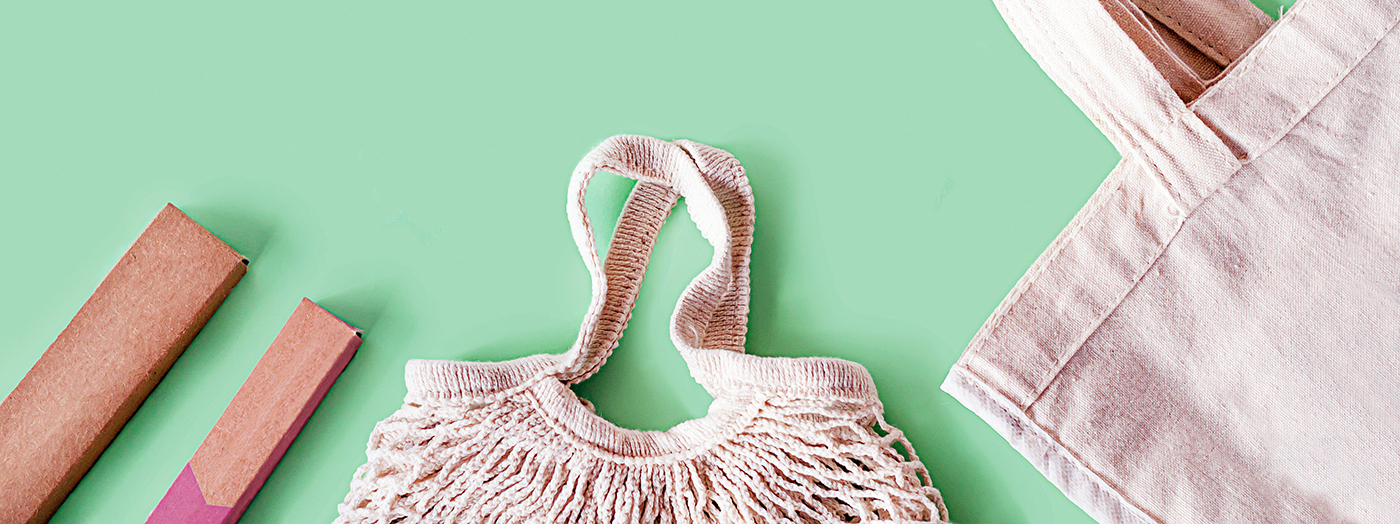Checklist to a More Sustainable Home

The most sustainable way is to not make things. The second most sustainable way is to make something very useful, to solve a problem that hasn’t been solved. – Thomas Sigsgaard
A more sustainable home is not just better for the environment, but it can also save you money and even provide a healthier living environment. Here are some easy and quick ways to make your home more sustainable.
Building materials and methods: If you’re planning on doing any building work in your home, consider how you can do this work with sustainable materials and methods. Things to consider investing in include passive solar design, smart metering, high performing windows and doors, sustainable roofing etc. If you are doing any building work, reuse and recycle building waste as much as possible.
Insulation: The better insulated your home is, the more likely it will have a higher BER rating. Although insulating your home can be costly, you could save money in the long run by reducing your heating bills. The Sustainable Energy Authority of Ireland (SEAI) provide various insulation grants including grants for attic; internal and external walls; and cavity wall insulation.
Energy Source: Have you ever considered switching to green energy? Having solar panels fitted to your home can be expensive but could save you money in the long run. The SEAI provide grants for people who want to use renewable energy, such as the solar electricity grant and the solar water heating grant.
Energy consumption: Are there appliances in your home that you could manage without and which require energy usage? Rather than using the dryer to dry clothes, could you dry your clothes on a line in the garden or on a clothes horse indoors? Likewise, could you wash the dishes by hand rather than use the dishwasher?
Windows and doors: If you have old windows and doors that aren’t glazed well, you could find your home has lots of draughts. To limit the amount of warm air escaping, you could use a draught seal which is an easy and cheap way of sealing your windows. If you had the money to replace the windows with newer ones that would be ideal, and you’ll likely reap the benefits when it comes to your energy costs.
Ventilation: Place a chimney balloon in your fireplace when it’s not in use will ensure heat doesn’t escape up the chimney. You can also check your air vents in the house. They may need to be cleaned or replaced to ensure better airflow in your house.
Lighting: Replace old light bulbs with energy-efficient LED bulbs. This will reduce your electricity bill and will cut down on your carbon footprint. Turn off lights when they are not required as this will also reduce your energy consumption.
Appliances: When buying new appliances such as refrigerators and washing machines, try to buy the most energy-efficient options. The more energy-efficient the cheaper it will be to run. When discarding of old or broken appliances, try to do so ethically by recycling at a registered recycling centre.
Decorating: If you are decorating your home, use eco-paints. They emit fewer toxins and are more environmentally friendly to manufacture. When buying furniture for your home consider natural options such as wood or leather. Although they might be more expensive than synthetic options, they could last longer and are also less toxic to produce.
Cleaning: An easy and cheap way to ensure you’re living more sustainably is to change your cleaning products to eco-friendly alternatives. Many household cleaning products have toxins that eco-friendly versions don’t have. All supermarkets have environmentally friendly sections in their stores, so you don’t have to shop elsewhere to avail of these products.
Recycle waste: Reduce single-use plastics and make sure to recycle as much as possible. You could also try to buy food that isn’t in any packaging to reduce the amount you have to recycle yourself. Consider getting a compost bin in your garden where food waste can go, again reducing your waste disposal going to landfill. Likewise buying products that are made from recycled materials is better for the environment too.
Water saving: Have you considered installing a water harvester? They are inexpensive and a great way of conserving and collecting and storing rainwater for alternative uses such as watering your plants and cleaning your car.
Get advice: From podcasts, to blog articles and the internet, there is a whole host of information out there on how to live more sustainably and the benefits to our environment, health and wellbeing. Pick up tips and advice from others who are living sustainably.
Change your habits: When it comes to incorporating more ethical and sustainable practices, we can all make a difference. Simple changes in our attitude and thinking can go a long way to ensuring our homes are sustainable and eco-friendly.




